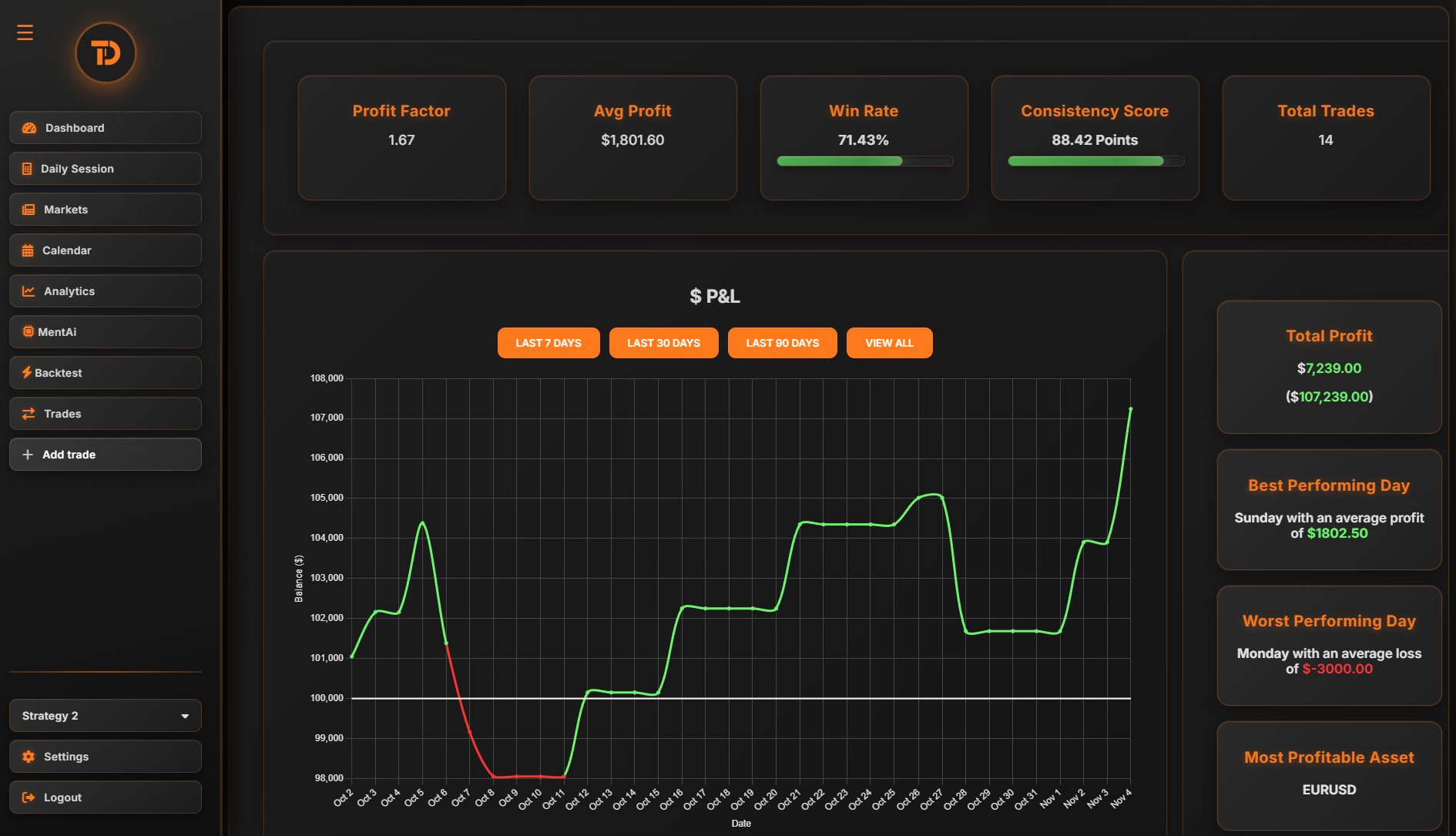Setting price alerts for key levels can be an effective way to stay on top of potential trading opportunities without the need to constantly monitor the markets. By configuring alerts, you can receive notifications when an asset reaches a critical support or resistance level, crosses a significant moving average, or hits a new high or low. This allows you to act quickly and take advantage of price movements as they happen. Price alerts can also help you stay disciplined by reminding you to enter or exit trades at predetermined levels based on your strategy, rather than reacting emotionally to market fluctuations. For traders who manage multiple positions or follow various assets, price alerts are an invaluable tool for keeping track of important levels across different markets.
Setting up alerts can improve your efficiency by ensuring you don’t miss key moments in the market, particularly if you’re not able to watch the charts full time. Whether you’re monitoring swing trades over several days or looking for short-term day trading opportunities, price alerts help streamline your process and reduce the risk of missed opportunities. By responding to these alerts, you can enter trades with more precision, giving you an edge in volatile or fast-moving markets.
. Why use a trading journal: A trading journal is essential for tracking trades where you used price alerts to evaluate their effectiveness. By documenting the trades you entered or exited based on alerts, you can assess whether these notifications helped you enter at better price levels or avoid unfavorable situations. Over time, you may notice patterns, such as specific alert types or price levels that tend to work well, or instances where alerts didn’t lead to profitable outcomes. Additionally, reviewing your journal can help you identify missed opportunities due to not using alerts, allowing you to fine-tune your approach. Recording these details in your journal not only improves your decision-making but also helps you optimize your use of alerts, ensuring that you are leveraging them to capitalize on the best trading opportunities and enhance your overall strategy.

